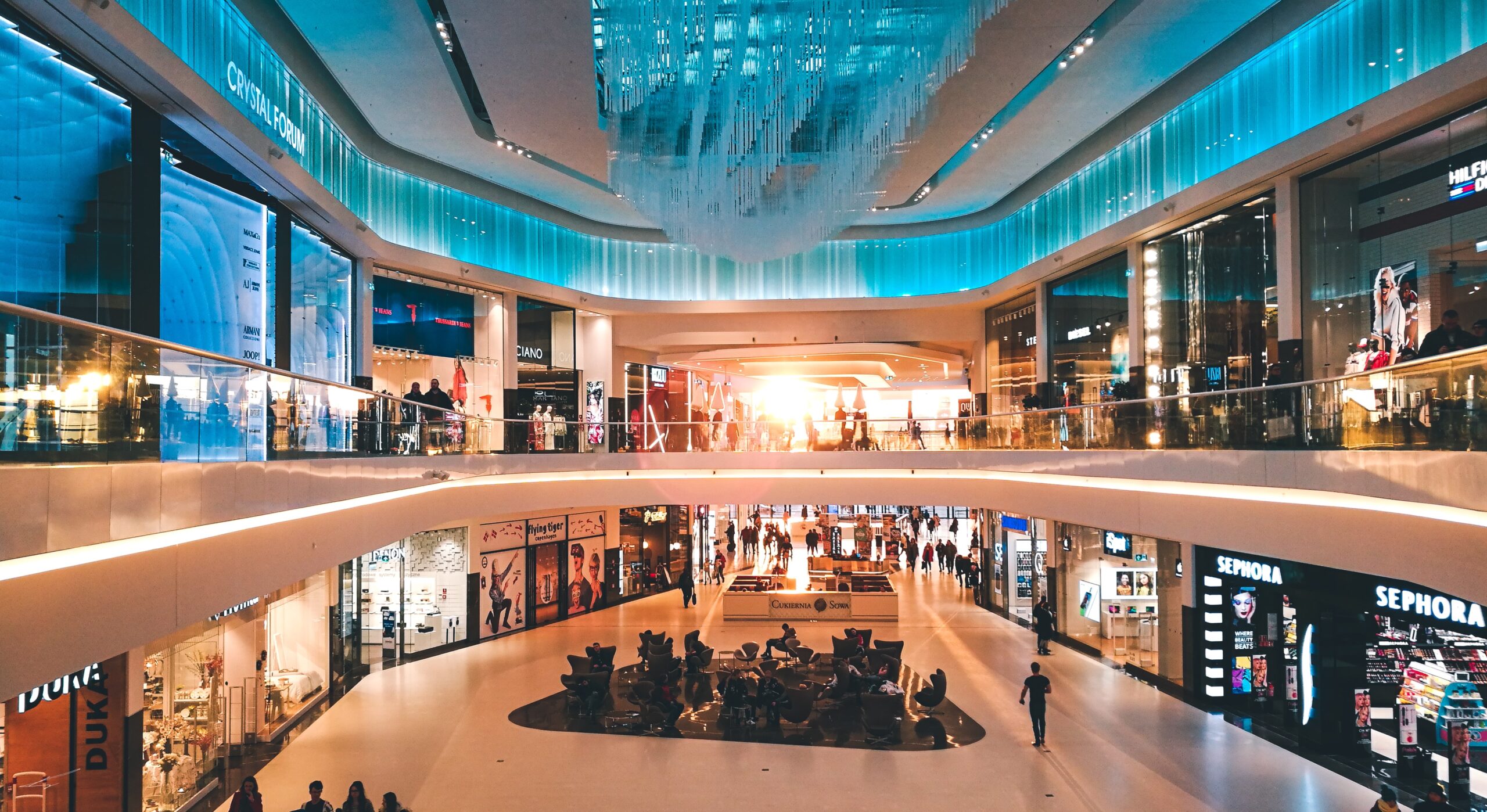
Exporting Australian Beauty Brands
We were delighted to win a tender to work with the Department of Trade and Investment Queensland (TIQ) to provide their trade ministers, and beauty and wellness brands with in-depth
As an international beauty and wellness consultancy, we work with clients from different regions of the world to develop and build their brands. If you are looking for support with developing a brand, with rebranding or with market expansion, Get in Touch today, to discuss how we can support you.
If you are exploring the UK marketplace for the first time, you may think it is competitive and difficult to enter. Competitive, yes it is. Difficult to enter? Yes, you need a clear strategy and plan to navigate the marketplace. The UK beauty marketplace is made up of online and bricks and mortar speciality health and beauty retailers, pharmacies, department stores, supermarkets, and value retailers. UK consumers spend on average £487 per head on health and beauty product in 2022 (Global Data), over the next five-years they will be investing even more leading to an additional £73 per head. This makes this one of the fastest growing sectors in the UK. 9 out of 10 health and beauty shoppers still purchase products in store, but the spend is shifting online with online sales said to reach £3.1 billion by 2022.
Over the past few years, there has been some significant changes in the retail sector. Covid-19 brough a bumpy ride to our high streets and 2021 was an extremely challenging time for retailers in the UK with store closures an acceleration of what was happening in the marketplace pre Covid (PWC) with regards to large, cumbersome department stores, heritage brands with a declining customer base and high rates and rents. More than 17 000 chain store outlets closed in 2021, whilst this sounds phenomenal bear in mind that this figure includes fashion retailers, restaurants, bars, and gyms as well as banks and hairdressers – essentially service-related industries. Shopping centers which in the past drew in heavy footfall, have now fallen to being the worst performing in the past two years. Retailers that we are all familiar with – from Debenhams to the Arcadia Group disappeared from the landscape. 38.5% of UK retail sales still took place online in March 2021, whilst a decline of 63% a year earlier, this is still 9.2 percentage points ahead of the 29.3% recorded in 2019.

The New Customer Mindset for 2022
Retailers have increased their online offering significantly since the pandemic, and this looks set to continue, with several of them having introduced new categories such as wellness. ASOS have partnered with brands including Lush, Marks & Spencer have invested in bringing on board more established beauty brands like Clinique and Benefit, and we have also seen retailers investing in training their staff about health and wellness like Holland & Barrett. There is a heightened interest in supporting black-owned beauty brands. Sustainability is a focal point with many questioning the sustainable credentials of a brand. Retailers like Sainsbury’s have introduced online marketplaces, like Debenhams to support the growth of indie beauty brands.
If are interested in exploring whether the UK should form part of your retail strategy, GET IN TOUCH.
Here is a taster of some of our work. READ MORE IN OUR CASE STUDIES

We were delighted to win a tender to work with the Department of Trade and Investment Queensland (TIQ) to provide their trade ministers, and beauty and wellness brands with in-depth

Success Highlights: • Created a market-entry strategy for the UK, Europe, Middle East, and travel retail. • Introduced the brand to leading retailers and travel retailers across these markets. •

We were appointed by Enterprise Ireland to develop and deliver a webinar to over 70 Irish beauty and wellness companies on how to enter the UK beauty sector. Our Approach